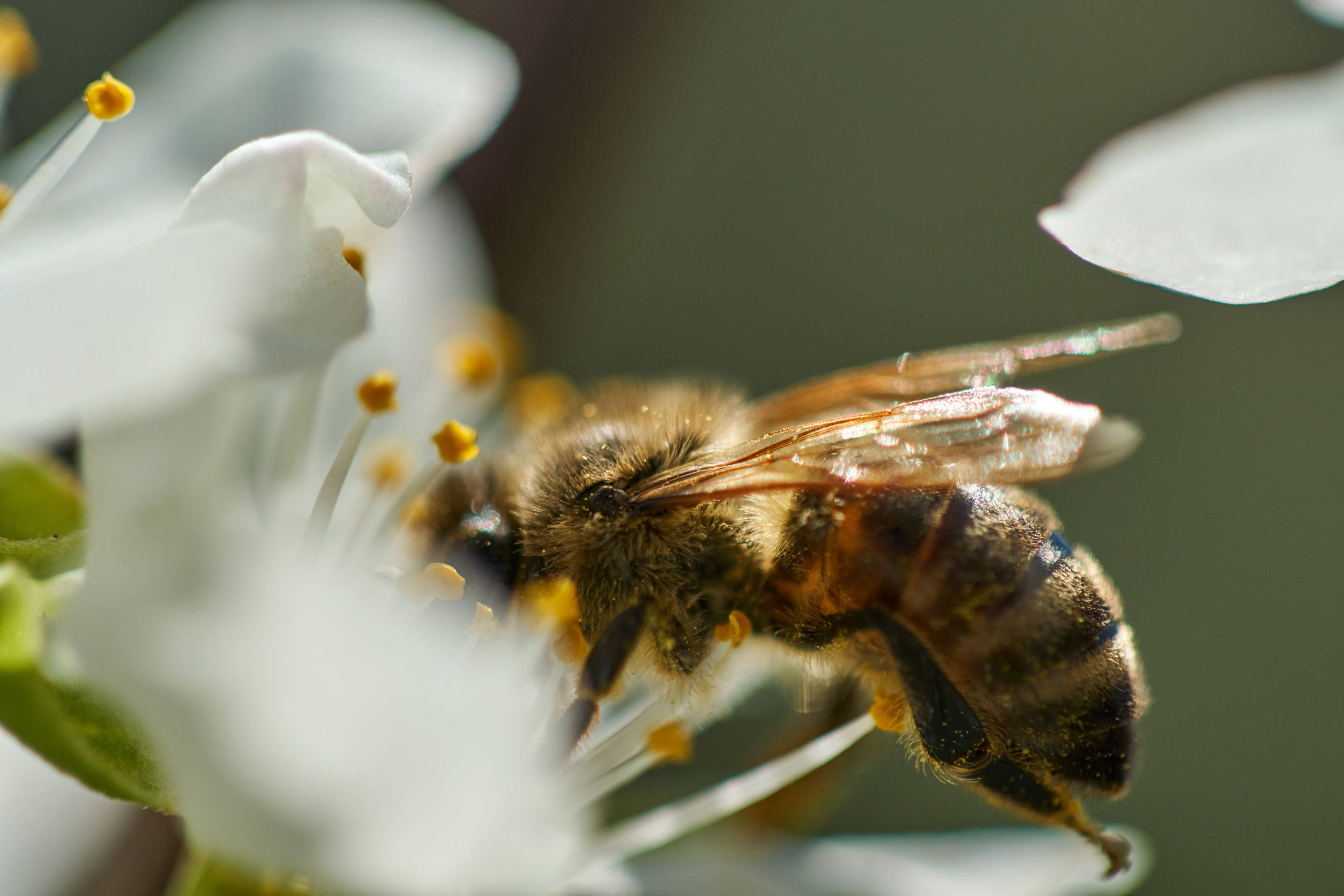Switzerland is famous for hosting a number of scientific and engineering marvels, such as the Large Hadron Collider. Now, engineers in Switzerland have achieved an incredible feat — building the world’s largest water battery. Located in the Swiss Alps, in a subterranean cavern in the Canton of Valais, the pumped storage power plant can store as much electricity as 400,000 electric car batteries.
What is a water battery?
The water battery, also known as a pumped storage power plant, is essentially a type of hydroelectric energy storage. It consists of two large pools of water located at different altitudes. The plant stores excess energy by pumping water from the lower pool into the higher one, thus “charging” the battery.”
When electricity is needed, the plant releases the water back into the lower pool. As the water flows back, it rotates a turbine which generates hydroelectric power. Large energy storage projects like water batteries are particularly useful for storing surplus energy from intermittent energy sources like solar and wind.
What is the capacity of this water battery?
The power plant in Switzerland features six pump turbines and a total power output of 900 MW — that’s enough to power 900,000 homes. The battery’s ability to store huge quantities of hydroelectric energy (20 million kWh) plays a key role in stabilizing power supplies in Switzerland and Europe. During overproduction, water is pumped into the higher pool.
When demand is high, during a heatwave, for example, water can be released back to generate electricity and avoid grid overload.
Building a water battery is not an easy undertaking
The water battery, located 600 meters (about 2,000 feet) underground, took 14 years to complete. The construction process was accompanied by significant logistical and engineering challenges. One of these challenges was building 18 kilometers of tunnels through the Alps to allow for the transportation of building materials into the mountain.











